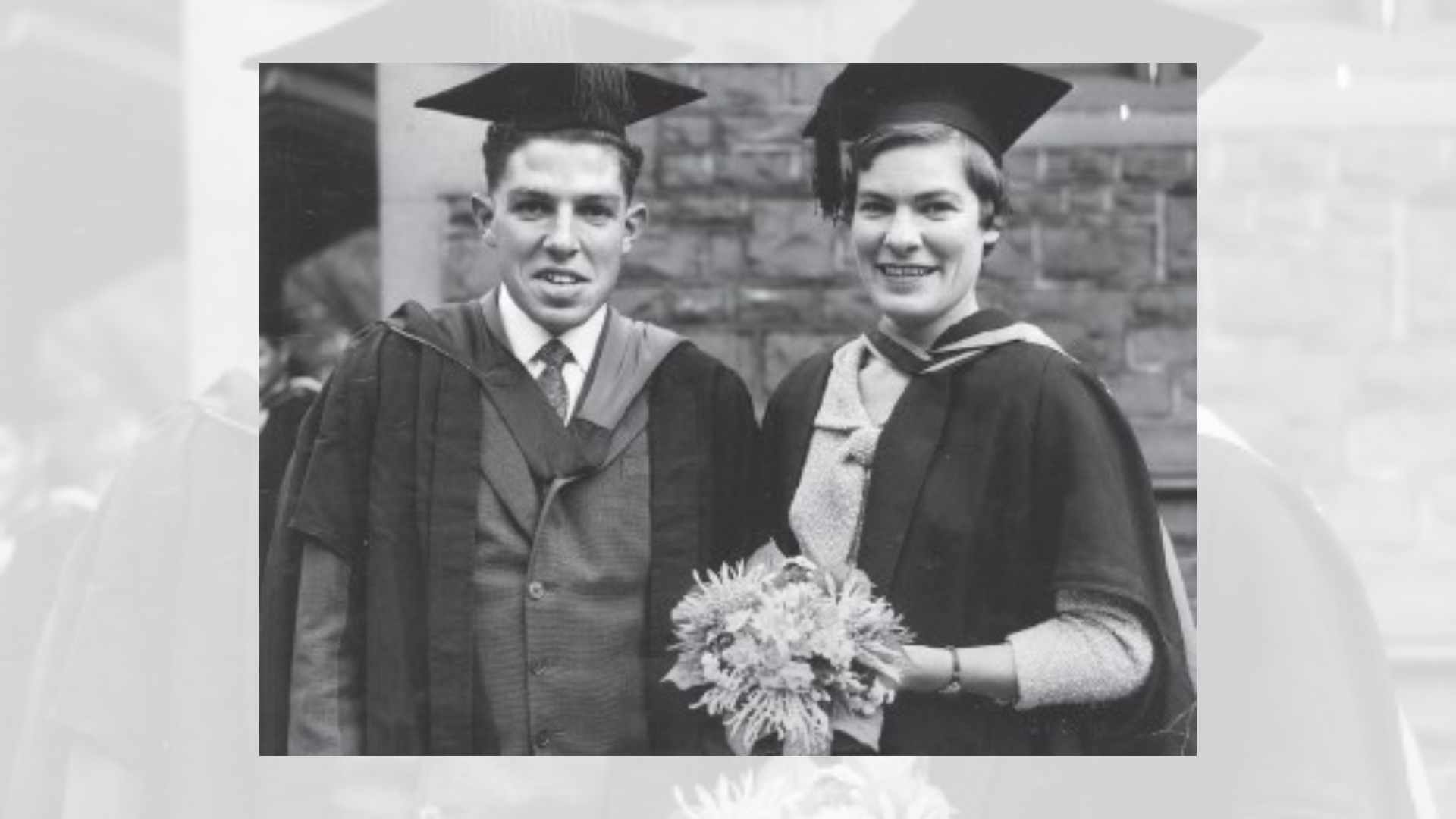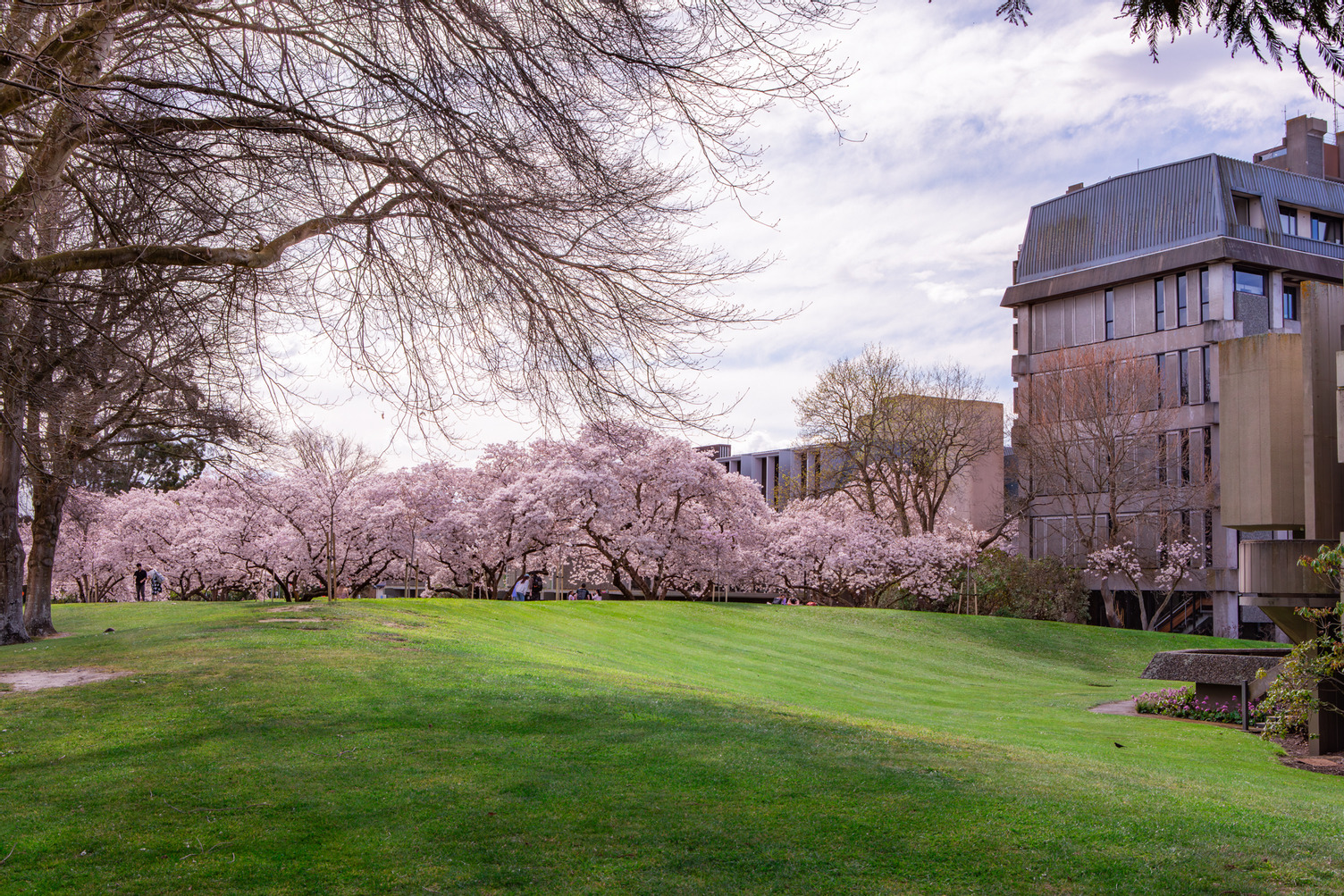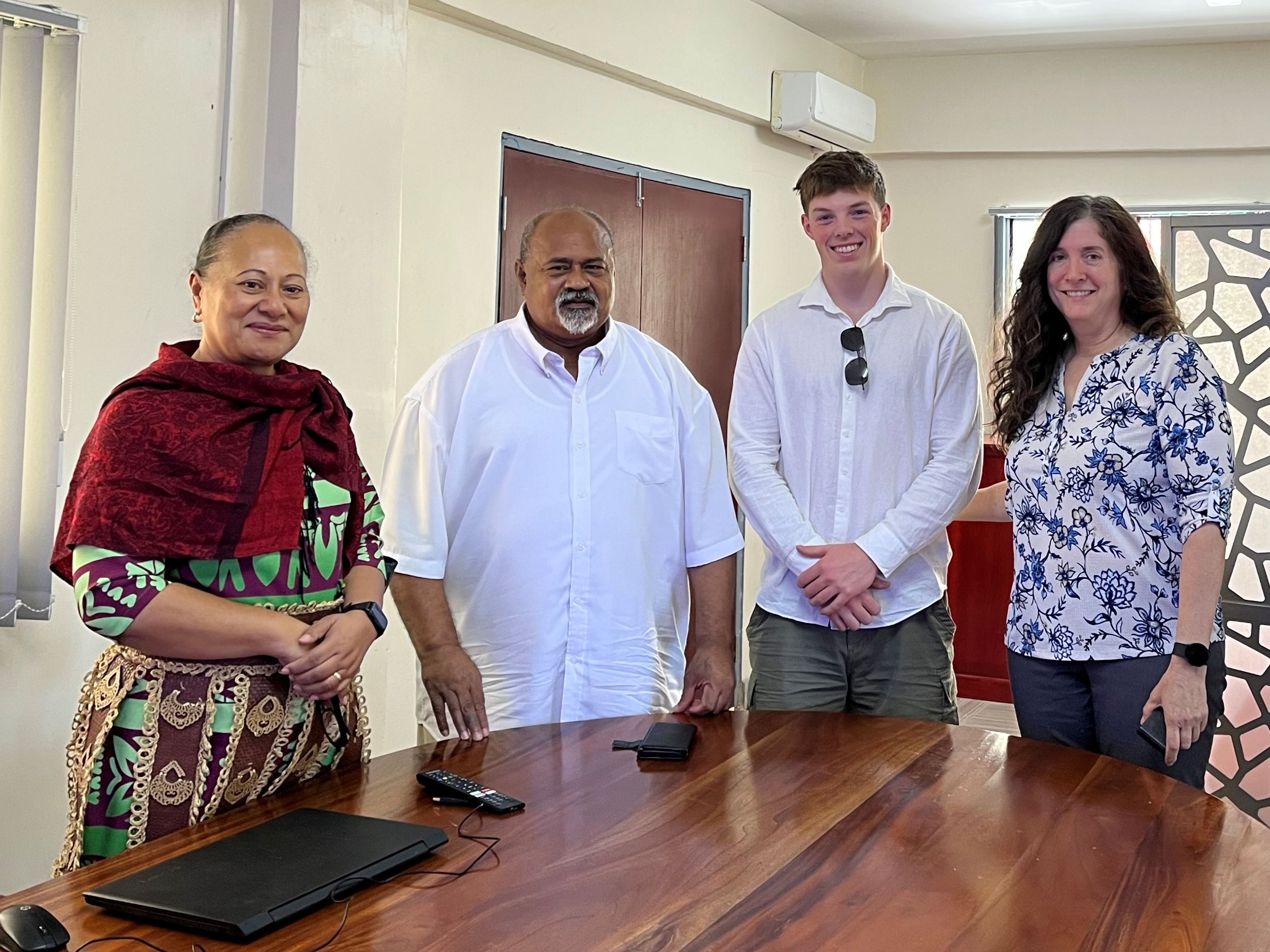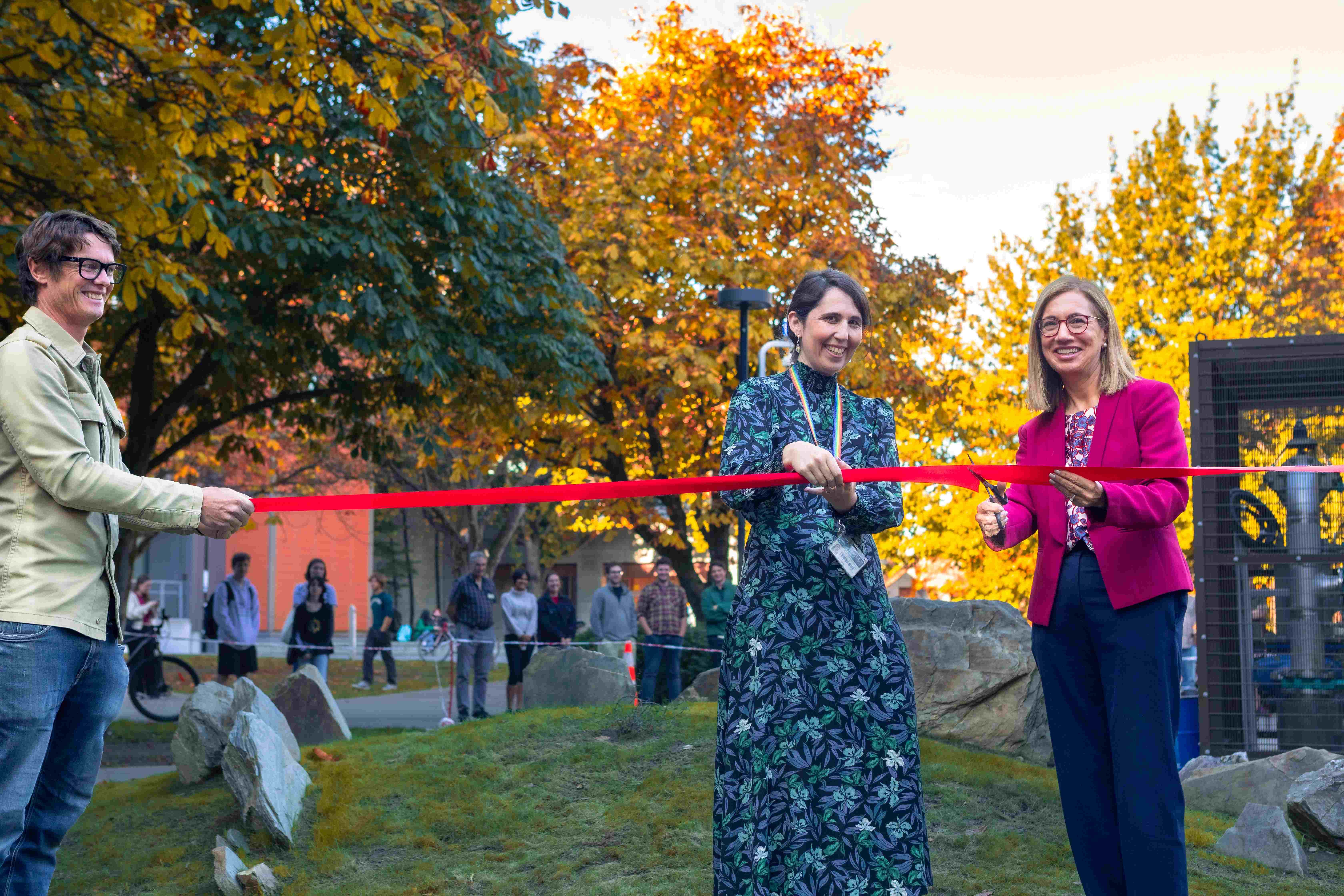The Greens’ Chlöe Swarbrick surrounded by supporters at the party’s election night party in Auckland. Phil Walter/Getty Images
Labour win masks smaller victories
Bronwyn Hayward, Professor of Politics, University of Canterbury
With a record 1.9 million people casting an early vote, this was always going to be an election with a difference. Younger voters also enrolled in historic numbers, with a significant increase in those aged 18 to 29 enrolling across the country. A generation’s hopes and aspirations now hang in the balance.
Labour’s victory offers the party command of the house, an unprecedented situation in an MMP government. But it masks some other remarkable achievements. The Māori Party’s fortunes have risen, with very little national media coverage.
ACT has been transformed from a tiny grouping of 13,075 party votes in 2017 to win an astonishing 185,723 party votes this year.
The Greens defied a dominant mantra that small parties who enter governance arrangements are eclipsed in the next election. They maintained their distinctive brand and should bring ten MPs into the House.
The challenge now is for Labour to decide to open this victory to support parties. What happens next matters as much as the election itself. Will a Labour government led by the most popular prime minister in New Zealand’s history be incrementalist or transformative in tackling the biggest challenges any government has faced in peacetime?
The Māori Party returns
Lindsey Te Ata o Tau MacDonald, Senior Lecturer in Politics, University of Canterbury
Tonight demonstrates that Māori voters continue to waver between the Māori Party via its electorate MPs and Labour via the party vote.
On one side there is the legacy of Tariana Turia and Pita Sharples, and the founding generation of “by Māori, for Māori, with Māori” in the post-settlement era. Rawiri Waititi, who may well take Tamiti Coffey’s seat in Waiariki, is the living embodiment of the success of that struggle.
The other side is exemplified by Koro Wetere’s triumph in 1975 in creating the Waitangi Tribunal. These two stories — struggle via protest and gradual legislative change — were deeply intertwined in Labour’s grip on the Māori seats until 2003. Then, in one grand racist gesture, Labour proved itself a colonial government by taking the last Māori land, the foreshore and seabed, by statute.
Māori voters have not forgotten the deep betrayal of that removal of their property rights. Hence the close races tonight for those who truly inherit the mantle of the Māori party’s founders, such as Waititi and Debbie Ngarewa-Packer.
John Tamihere’s close run in Tāmaki Makaurau is more just politics, Auckland style, as usual. He may be wondering why he didn’t go with ACT, which has brought in interesting new Māori talent.
To see what other experts had to say, read the original article published on The Conversation.
What to read next
New UC book explores an urgent issue for NZ’s justice system
06 August 2025
Mental Health and Criminal Justice: A New Zealand guide is the first New Zealand multidisciplinary book on mental health law and policy in our criminal justice system.










